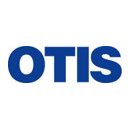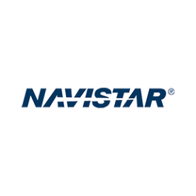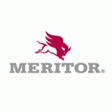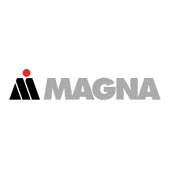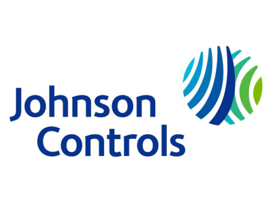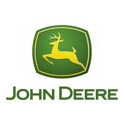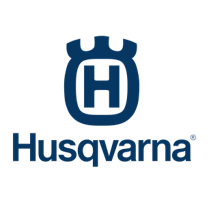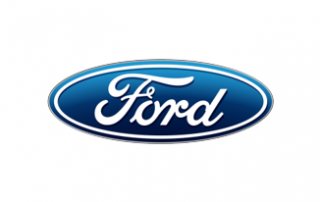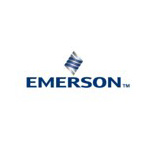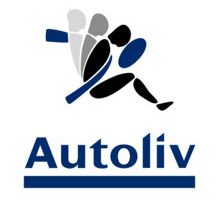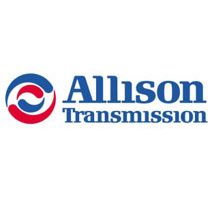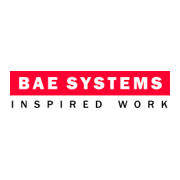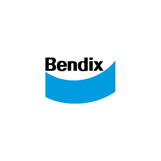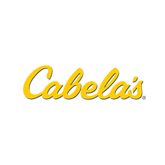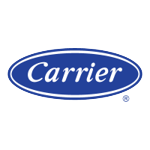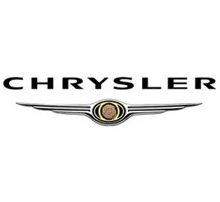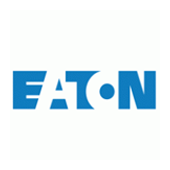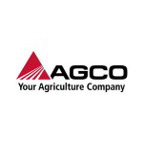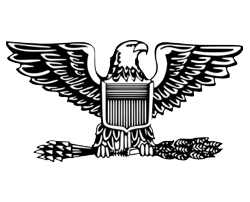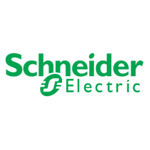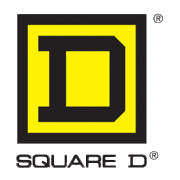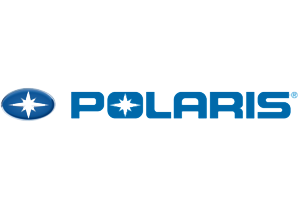Cold finished carbon bars are produced from Special Bar Quality Rolled Bars by cold drawing, turning or grinding or by a combination of these methods. The cross sectional area of the hot rolled bar is cold reduced, resulting in accurate size, smooth surface, increased mechanical properties and machinability.
12L14
12L14 is considered to be one of the fastest machining steels currently produced. This has been achieved through the addition and even dispersal of tony lead particles throughout the bar. C12L14 gives a smooth, machined surface and because of its low friction component allows increased tool life. This grade is recommended for high-speed automatic screw machine parts.
1215
1215 is one of the most popular screw stocks marketed today. C1215 provides good surface finish and brazing properties.
1018
1018 is a general purpose low carbon steel with good case hardening qualities. It is especially suited to cold forming and bending operations. Material is suitable for parts which require cold forming (such as crimping, swaging, or bending). For severe bends, however, stress relieving may be necessary to prevent cracking.
1045
1045 is a medium carbon steel used extensively in induction hardening applications. This is not normally considered a screw machine steel and is only fair for brazing and welding. However, it can be forged satisfactorily and is the most common shafting steel in the medium carbon range.
1117
1117 is a low carbon, high manganese steel. Machinability is improved over 1018, and case hardening is deep and uniform, supported by a tough ductile core.
11L17
11L17 is a resulphurized steel with good machinability and surface finish. The product is made much the same way as 12L14 where the lead does not alloy with the steel. Lead is retained in its elemental state and us dispersed within the steel’s structure allowing chips to break off easier during machining.
1141
1141 is a medium carbon, special quality, manganese steel, with an improved machinability and better heat treatment response. Surface hardness is deeper and more uniform than plain carbon steels.
1144
1144 is a resulphurized carbon steel containing manganese and sulphur to provide a free-machining steel. It is recommended especially for high-production automatic machine products and machined parts requiring higher strength and wear resistance than is possible with lower carbon steels.
Stressproof
Stressproof is a medium carbon free machining steel that has been severely cold reduced to improve its mechanical properties. Its inherent strength, without heat treatment, is a comparable to heat treated steels of equal hardness. This permits direct use of many parts following the last machining operation, without the necessity of a further hardening treatment.

